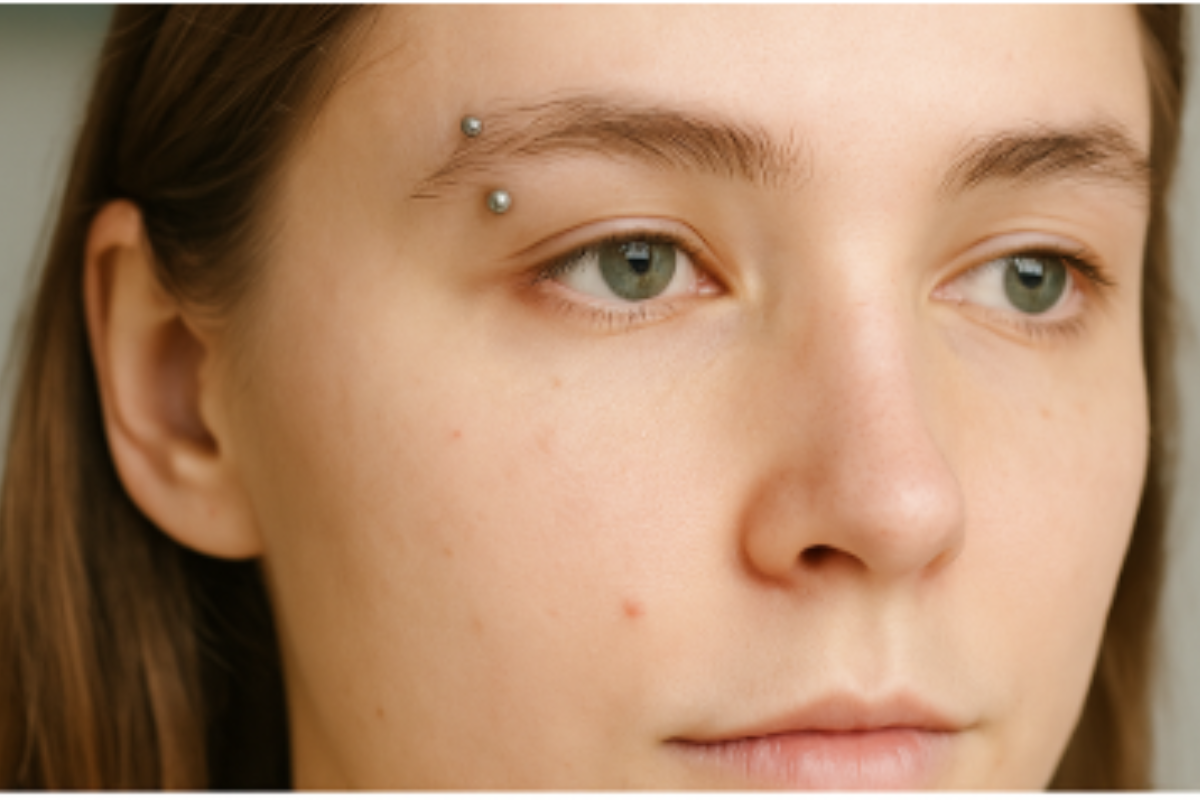The hurt caused by emotionally abusive parents tends to linger long after childhood. It‘s an invisible wound, a nagging voice that tells you, “You’re not enough,” even when you’ve moved out of their home. Many adults quietly suffer, wondering if what happened to them even constitutes abuse. But emotional abuse by parents is real, subtle, and profoundly damaging. Identifying it is the first step toward taking back your life, establishing boundaries, and healing.
Understanding Emotionally Abusive Parents
Emotionally abusive parents employ words, actions, and behaviors to dominate, belittle, or manipulate their children. While physical abuse leaves visible scars, emotional abuse leaves no visible marks—but slices just as deep. These parents might constantly criticize, withhold affection, employ guilt as a tool, or refuse to acknowledge their children’s feelings and experiences. Whether it is overt hostility or insidious gaslighting, the harm is real.
Examples of Emotionally Abusive Parents
- Sarcasm or putting down of the child‘s feelings
- Comparing children to foster competition
- Silent treatment as punishment
- Controlling friendships or hobbies
- Withholding affection until certain expectations are fulfilled
- Consistent criticism or calling the child “too sensitive“ or “ungrateful“
- Denying or distorting the child‘s reality
These are all classic symptons of emotionally abusive parents—and they‘re usually explained away as “tough love“ or “strict parenting.
Parental Emotional Abuse Test
Ask yourself:
- Do I still get anxious around my parents, even as an adult?
- Were my achievements downplayed or dismissed?
- Was I blamed for household issues?
- Did I take responsibility for my parent’s feelings?
- Were apologies seldom forthcoming?
If you answered “yes“ to several questions, you might have been emotionally abused.
How Emotionally Abusive Parents Impact Children
Children raised by emotionally abusive parents tend to have:
- Low self-esteem
- Anxiety or depression
- People-pleasing behaviors
- Fear of conflict
- Difficulty trusting others
- A deep sense of shame
These emotional tendencies will carry on through to their adulthood, shaping their careers, relationship, and own self-image.
How to Deal with Emotionally Abusive Parents as a Kid
If you’re a kid who is being abused, your safety comes first. Discuss with a school counselor, respected teacher, or child protection agency. Attempt to:
- Document abusive behavior where possible
- Mearn emotional support from peers
- Make physical space when needed
- Don‘t internalize their words—IT ISN’T YOUR FAULT
How to Deal with Emotionally Abusive Parents as Adults
As an adult, you have the right to defend your peace:
- Set boundaries explicitly and maintain them
- Limit contact or go no-contact if needed
- Work with a trauma-informed therapist
- Recognize that you are not responsible for repairing them
- Find a community that affirms your truth
Healing isn‘t about revenge—it‘s about reclaiming your life.
Emotionally Abusive Parents to Adult Children
Most adult children feel guilty and confused when they start acknowledging their parents’ emotional abuse. Some of the signs are:
- Feeling guilty for saying “no“
- Being financially manipulated
- Constant criticism of your choices in life
- Parents who intrude into your relationships
Breaking free is a mental strength and emotional detachment—but yes, it is possible.
What to Do When Your Parents Hurt You Emotionally?
- Acknowledge the harm: Denial prolongs the pain
- Validate your feelings: You don‘t need anyone’s permission to hurt
- Seek therapy: Professional guidance can walk you through the healing
- Communicate limits: You can love someone from afar
- Prioritize self-care: Emotionally abusive parents feed on your exhaustion
- Find your tribe: Online forums, books, and support groups count
Books on Emotionally Abusive Parents
Here are some life-altering reads:
- Toxic Parents by Susan Forward
- Adult Children of Emotionally Immature Parents by Lindsay C. Gibson
- Will I Ever Be Good Enough? by Karyl McBride
- The Body Keeps the Score by Bessel van der Kolk
These books provide both insight and means to heal.
Why Emotional Abuse Often Goes Unnoticed
Because it’s not visible. Emotional abuse is subtle, normalized, and culturally excused. Phrases such as “I do this because I love you“ or “You‘re too sensitive“ gaslight victims into silence. It‘s time to bring this hidden trauma to light.
Types of Emotional Abuse from Parents
- Gaslighting
- Silent treatment
- Guilt-tripping
- Emotional neglect
- Love withdrawal
- Excessive criticism
- Controlling behavior
All are toxic—even if the intention wasn‘t to harm.
Signs You Were Raised by Emotionally Abusive Parents
You might:
- Apologize all the time
- Fear speaking up for your needs
- Overachieve in order to feel worthy
- Feel as though you’re “never enough“
- Struggle with boundaries in adult relationships
Narcissistic Parents and Emotional Abuse
These parents tend to be:
- Emotionally unavailable
- Obsessed with their image
- Controlling of their children’s decisions
- Lacking empathy
They expect perfection but give conditional love.
Emotional Neglect vs Emotional Abuse
Neglect is omission—notprovidinga childwith their emotional needs.
Abuse is commission—deliberatelydamaging a child‘s emotional well-being.
Both can be equally shattering.
The Role of Culture and Generational Patterns
In most cultures, emotional abuse is disguised as discipline. Breaking the cycle requires confronting deeply held beliefs—without shame but with awareness.
Why Cutting Ties Can Be Healthy
Going no-contact is not betrayal—it‘s a survival act. When parents won’t change or honor your boundaries, distance might be your only peace.
Therapies for Survivors of Emotional Abuse
- Cognitive Behavioral Therapy (CBT)
- EMDR for trauma processing
- Inner child work
- Group therapy
Find a therapist who gets family trauma.
Finding Support Groups and Communities
Check out:
- Reddit’s r/raisedbynarcissists
- Online trauma healing groups
- Facebook support forums
- Therapy chat apps like BetterHelp
You’re not alone.
The Power of Boundaries
Boundaries are your self-respect in action. Set them without guilt and uphold them without apology.
Reparenting Yourself as an Adult
When your parents couldn‘t love you enough, you can still learn to love yourself. Practice daily affirmations, work with your inner child, and be the parent you needed.
Journaling to Heal from Parental Abuse
Experiment with prompts such as:
- What did I need most as a child?
- When did I first feel invalidated?
- What would I tell my younger self now?
Writing brings unspoken truths into voice.
Emotionally Abusive Parents and Sibling Dynamics
Siblings may:
- Become allies
- Deny your pain
- Compete for attention
- Be the “golden child” or scapegoat
Healing involves redefining these dynamics.
Can Emotionally Abusive Parents Change?
Occasionally. But only if they acknowledge their behavior and get help. Change is unlikely without accountability. Hope, but prepare to protect yourself.
Faith, Spirituality, and Emotional Healing
For some, spiritual activities such as meditation, prayer, or energy healing bring peace. For others, religion can be a source of trauma. Respect what aids your recovery.
Building Healthy Adult Relationships After Abuse
- Learn to recognize red flags
- Practice honest communication
- Work on trusting yourself
- Surround yourself with safe individuals
You deserve healthy love.
The Importance of Therapy for Adult Children of Abusive Parents
Therapy is a place of safety to unpack trauma, learn coping mechanisms, and rewire destructive beliefs. It’s not about blaming—it‘s about healing.
Emotional Freedom: What It Feels Like
It feels like:
- Peace instead of guilt
- Confidence without fear
- Silence without anxiety
- Saying “no“ and meaning it
This is the life you deserve.
Conclusion
Healing from emotionally abusive parents is hard—but it is achievable, potent, and amazingly liberating. You do deserve more than emotional scars. You are not broken, you are becoming. One boundary, one breath, one courageous choice at a time—you can regain your peace, your voice, and your worth.
FAQs
What to do when your parents hurt you emotionally?
Acknowledge the hurt, get therapy, establish boundaries, and guard your emotional space. You don’t have to remain in a toxic relationship—even if it‘s family.
Are emotionally abusive parents always aware of their actions?
Not always. Some are repeating learned patterns. But intention doesn’t erase impact.
Can I heal without cutting ties?
Yes, healing can occur with firm boundaries and emotional detachment, but it might be more difficult.
What if my siblings don’t believe me?
That‘s normal. Everyone has different experiences with parents. Hold on to your truth and your healing.
Is it OK to love emotionally abusive parents?
Yes. You can love someone and still protect yourself from them. Love does not equal tolerance of harm.
Can emotionally abusive parenting lead to PTSD?
Yes. Most survivors suffer symptoms of C-PTSD, particularly if the abuse occurred over years.






